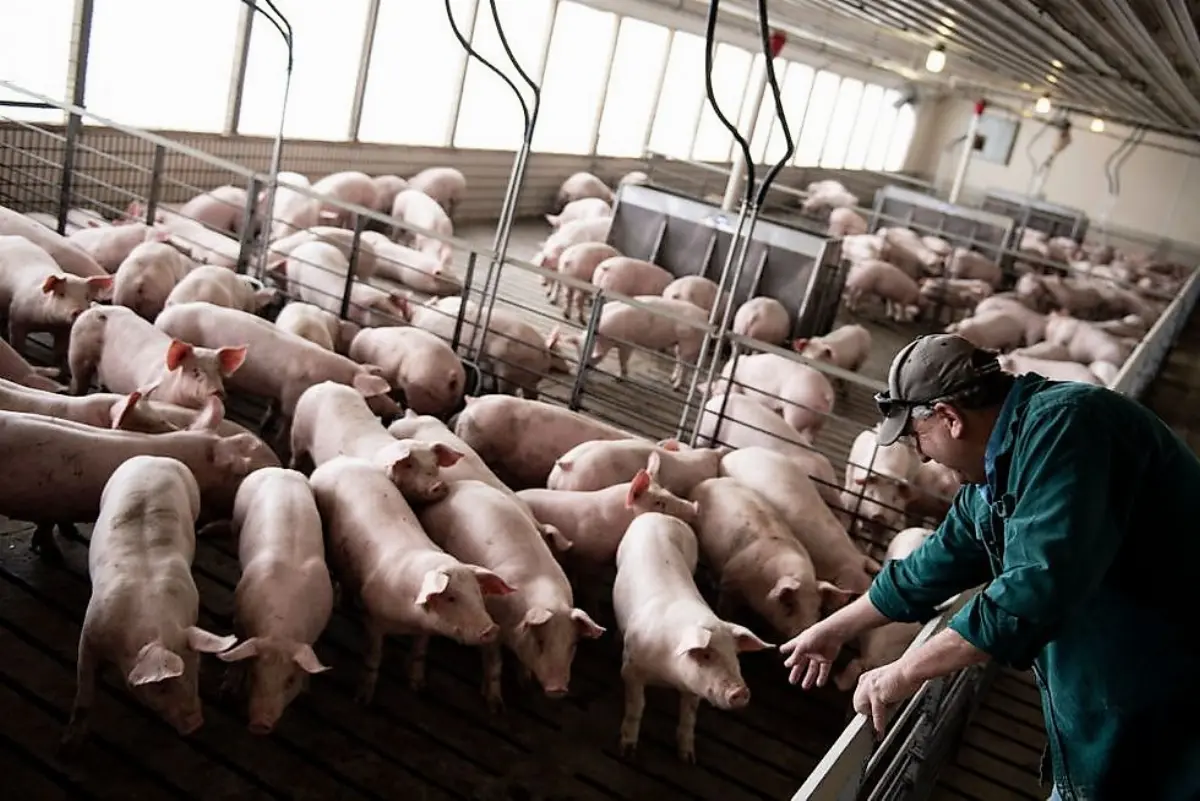
Emissions directive: final approval from the European Parliament
The measures are extended to pig farms with more than 350 animals and to poultry farms with over 300 chickens /Annex

The Commission will evaluate, by 31 December 2026, whether to also intervene on the beef sector and on any reciprocity clauses towards non-EU producers
The European Parliament Parliament adopted the deal with member states on the revision of the industrial emission directive (IED) with 393 votes in favour, 173 against and 49 abstentions, and the new regulation on the Industrial Emissions Portal with 506 votes in favour, 82 against and 25 abstentions.
The new rules will make it mandatory to set the strictest achievable emissions levels for the sectors covered. To combat water scarcity, environmental performance targets will become obligatory for water consumption. For waste, resource efficiency, energy efficiency and raw material use, targets will be within a range and for new techniques, they will be indicative.
The revised IED will now also cover extractive industry installations (mines) and large installations manufacturing batteries.
Co-legislators agreed to extend IED measures to pig farms with more than 350 livestock units (LSU). Farms raising pigs in an extensive or organic manner, and outside for a significant amount of time in a year, are excluded. For poultry, the directive applies to farms with laying hens with more than 300 LSU and for farms with broilers with more than 280 LSU. For farms rearing both pigs and poultry, the limit will be 380 LSU.
The Commission will assess, by 31 December 2026, whether there is a need to further address the emissions from rearing livestock, including from cattle, and a reciprocity clause to ensure producers outside the EU meet requirements similar to EU rules when exporting to the EU.
Transparency and public participation in relation to the licensing, operation and control of regulated installations will be improved as the European Pollutant Release and Transfer Register will be transformed into an EU Industrial Emissions Portal where citizens can access data on all EU permits and local polluting activities.
Companies that do not comply can face penalties of at least 3% of the operator’s annual EU turnover for the most serious infringements. EU countries shall give citizens affected by non-compliance the right to claim compensation for damages to their health.
Attached to this EFA News is the full text of the directive approved by the European Parliament.
EFA News - European Food Agency